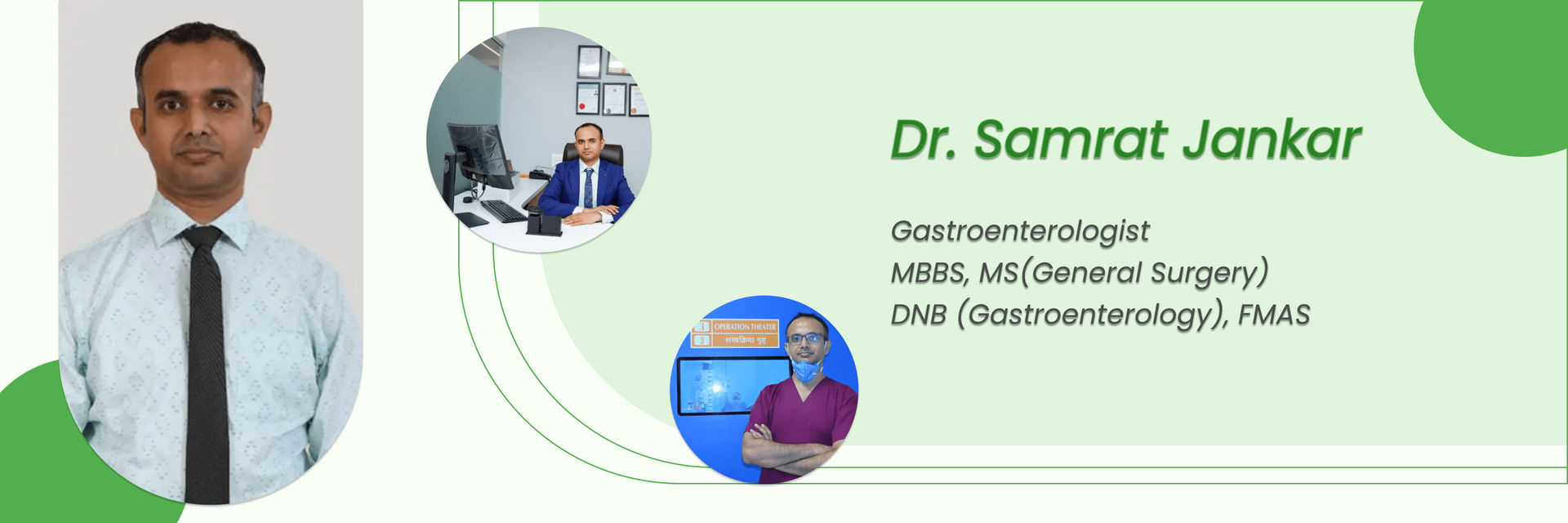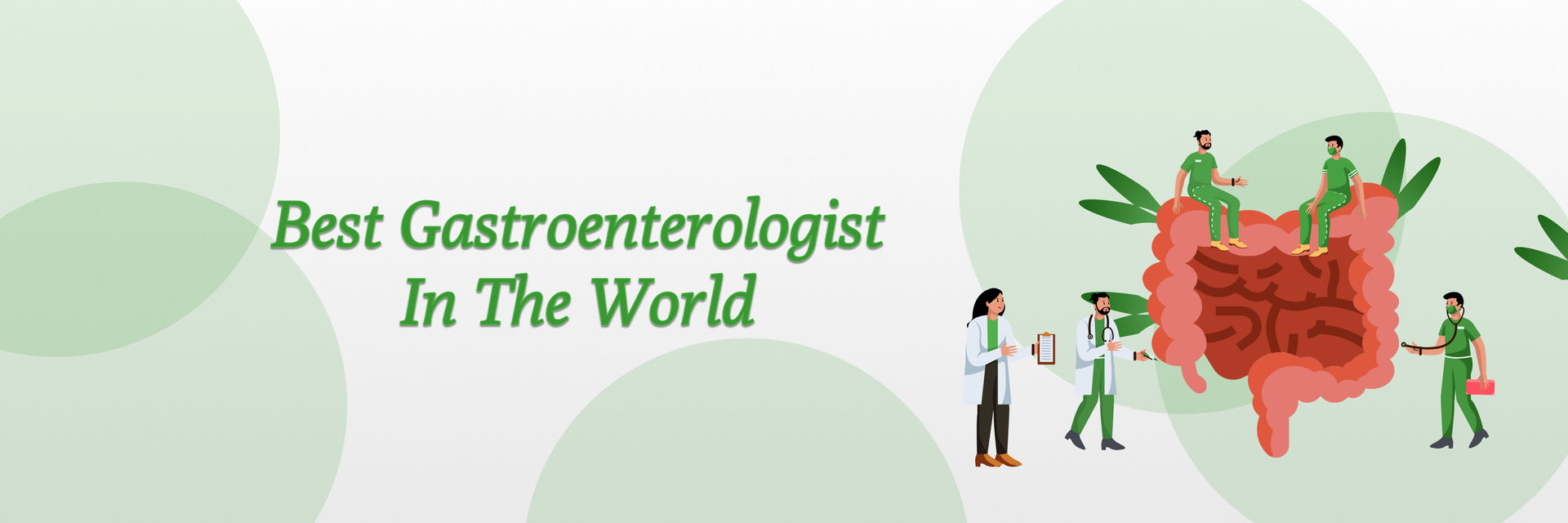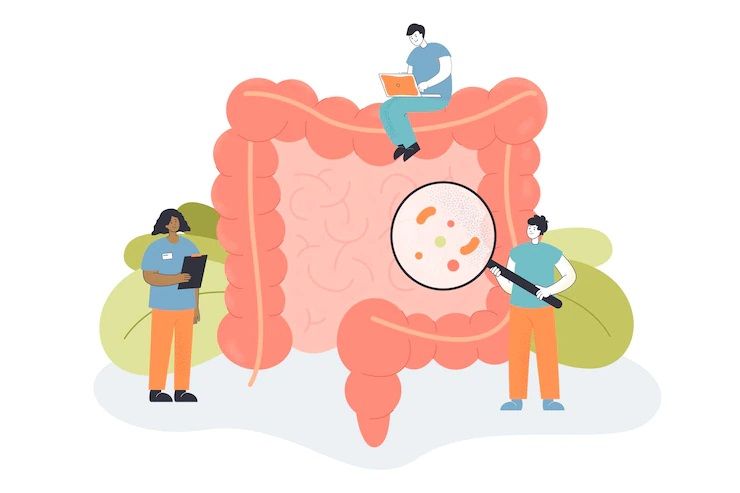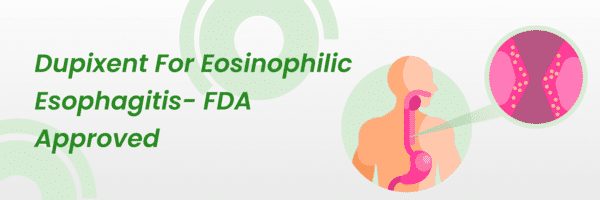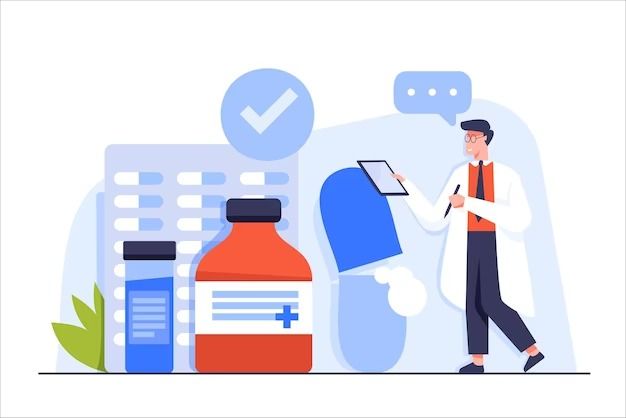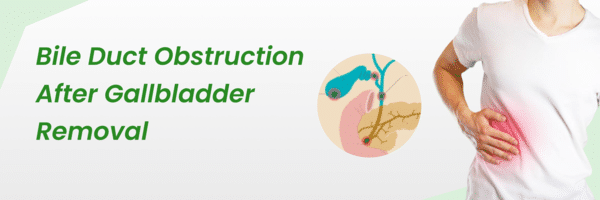Discover the factors behind a hernia after gallbladder removal and why it happens!
What is a hernia after gallbladder removal and why does it happen?
A hernia after gallbladder removal happens when tissue pokes through a weak spot in the muscle where the surgery was done.
This can happen because:
1. Cutting muscles for the operation makes that spot weaker.
2. Healing Issues: If the cut from the surgery doesn't heal well, it can leave a weak area.
3. Too Much Activity: Lifting heavy things or too much activity soon after surgery can push on the weak spot.
4. Other Reasons: Things like being overweight, getting older, or having a cough can also make a hernia more likely.
It's a problem where the tissue comes out through a weak spot in the muscle, often caused by a mix of surgery and other factors.
Read below to recognize the symptoms of hernia after getting your gallbladder removed!
What are the common symptoms of a hernia after gallbladder surgery?

After gallbladder surgery, a hernia can cause a noticeable lump near where the surgery was done. This lump might be more obvious when you stand or cough. It can be painful or uncomfortable, and the area might be sore or swollen. Sometimes, if the hernia affects your intestines, you could feel sick or have trouble going to the bathroom. It's important to see a doctor if you think you have a hernia after gallbladder removal, so they can check it and help you with the right treatment.
Don't dismiss potential hernia symptoms post-gallbladder surgery – prioritize your health and schedule an appointment now.
Now, let’s explore the specific risks and considerations for developing a hernia!
Am I at a higher risk of developing a hernia after laparoscopic gallbladder surgery?
After removing your gallbladder with a laparoscopic surgery, which uses small cuts, there's a small chance you might get a hernia. A hernia happens when tissue pushes through a weak spot in the muscle wall. This risk is less than with bigger surgeries. To lower the risk of getting a hernia after gallbladder removal, follow your doctor's advice after surgery and watch out for signs like a lump or pain near the surgery area.
Learn about the early signs of developing hernia! Prompt action is always crucial! Read below carefully!
How soon after gallbladder surgery can a hernia develop, and what are the early signs?
After having surgery to remove your gallbladder, there's a chance you could get a hernia. This can happen shortly after the surgery like within 3 or 6 weeks or later on.
The early signs that you might have a hernia after gallbladder removal are:
1. Pain or Discomfort: You might feel some pain or discomfort in your belly.
2. Bulge: You can see or feel a lump in your belly, especially when you cough or strain.
3. Swelling: The area around the lump might look swollen or feel tender.
Not everyone who has gallbladder surgery gets a hernia, but if you notice these signs, it's important to see your doctor as soon as possible. They can check it out and decide if you need treatment. Catching it early is the key to getting better.
Dive into practical tips and preventive measures!
What can I do to prevent a hernia after my gallbladder has been removed?

Empower your post-gallbladder health: Take proactive steps to prevent hernias. Contact us today to safeguard your well-being!
To prevent a hernia after gallbladder removal, consider the following:
Follow Postoperative Guidelines. Adhere to the surgeon's instructions, especially lifting restrictions.
- Maintain Healthy Weight. Manage weight through a balanced diet and exercise.
- Practice Safe Lifting. Lift using leg muscles to reduce strain on the abdomen.
- Prevent Straining. Ensure a high-fiber diet and stay hydrated to avoid straining during bowel movements.
- Stay Active. Engage in regular, moderate exercise to strengthen abdominal muscles.
- Manage Chronic Cough. Seek treatment for chronic cough to minimize abdominal strain.
- Attend Follow-Up Appointments. Regularly see your healthcare provider for monitoring and timely intervention.
Understand the potential complications that may arise from a hernia after gallbladder removal
What complications can arise from a hernia after gallbladder removal?

Hernia after gallbladder removal can give rise to several problems. They are:
1. Pain and Discomfort: You might feel aches and pains in your belly, especially when you move around.
2. Trouble with Digestion: It can mess up your tummy, causing things like bloating, constipation, or feeling sick.
3. Infections: Sometimes, this hernia can get infected, making things worse.
4. Blocking the Pipes: It can also block the normal flow of food in your belly, causing problems with digestion.
5. Emergency Situation: In very rare cases, the hernia can be super serious, like when it traps some body parts and cuts off their blood supply.
So, it's important to see a doctor regularly if you've had your gallbladder removed and watch out for these issues to avoid big problems.
Explore the various treatment options available for managing a hernia
What are the treatment options for a hernia that occurs after gallbladder surgery?

If you have a hernia after gallbladder removal, here are the basic treatment options:
1. Surgery: Most of the time, you'll need an operation to fix the hernia. During the surgery, the doctor pushes the bulging part back where it belongs and sews up the weak spot.
2. Minimally Invasive Surgery: Sometimes, they can use a special kind of surgery with small cuts and a tiny camera to help.
3. No Surgery: In rare cases, if surgery is too risky, the doctor might just watch it and give you a special belt to support your belly.
4. Pain Relief: If it hurts, they can give you medicine to make it feel better.
5. Talk to a Doctor: It's important to talk to a doctor to figure out which treatment is best for you based on your situation.
Initiate your path to recovery – explore hernia treatment options after gallbladder surgery by reaching out to us today.
Now let’s delve into an important question!
Can a hernia go away on its own or does it always require surgery?
Abdominal hernias are common. Although the chances of getting a hernia after gallbladder removal are very low. In some rare cases, hernia can show up. It is in the form of a bulge in the surgery site.
Now, can this bulge go away by itself? Well, if it's small and not causing too much trouble, it might get better on its own with some care like avoiding heavy lifting. But if it's big and painful, it usually won't get better by itself. In those cases, doctors might need to fix it with surgery.
So, it depends on how bad the hernia is. Small ones might heal on their own, but big ones usually need surgery. Always check with a doctor for the best advice.
Uncover specific activities to avoid, minimizing the risk of developing a hernia
Are there specific activities I should avoid to reduce the risk of a hernia after gallbladder surgery?
After getting gallbladder removal surgery you should avoid doing things that strain your tummy muscles too much. Like lifting heavy stuff or doing tough exercises. Your doctor will give you instructions after the surgery, and it's super important to follow them. They might tell you not to lift heavy things or do hard workouts for a while. By listening to your doctor and giving your tummy time to heal, you can lower the chance of getting a hernia after gallbladder removal.
Learn when to promptly contact your doctor if you suspect a hernia after gallbladder removal
When should I contact my doctor if I suspect I have a hernia after gallbladder removal?

If you ever feel a lump or swelling near where you had the surgery, have pain when you lift things, or notice changes in how you go to the bathroom, it's important to tell your doctor right away. They can check it out and fix it if needed. The sooner you let them know, the better because it can prevent bigger problems later on.
So, if you think you have a hernia after gallbladder removal, don't wait, call your doctor.
Prioritize your well-being: If you suspect a hernia post-gallbladder removal, contact us to schedule your appointment today.
Reference
https://www.ncbi.nlm.nih.gov/pmc/articles/PMC3083037/
https://www.beaumont.org/services/surgery/hernia-and-gallbladder
